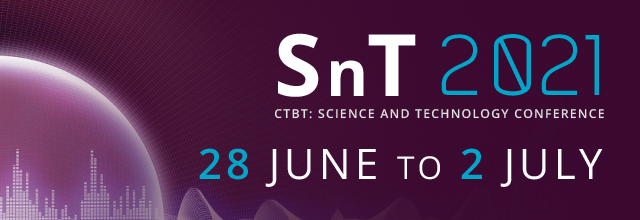Speaker
Description
The nuclear tests announced by the DPRK provided an opportunity to test methods and gain experience with respect to the estimation of the absolute and relative event location, depth and magnitude. However, this experience is limited to one specific test location. Much broader experience can be gained by applying modern analysis methods to the vast amount of data recorded on more than 2000 historic nuclear test explosions. To support such developments, valuable progress towards preserving and making available for research digitized data of historic nuclear explosions has been made. The goal of this session is to identify the priorities for continuing and expanding these efforts. Historic data are needed from as many as possible different regions and geological characteristics. Signals should be preserved from tests in the atmosphere, underwater and underground. While most ongoing efforts focus on seismic data, the historic hydroacoustic and infrasound data are rare and radionuclide data are sparse.

